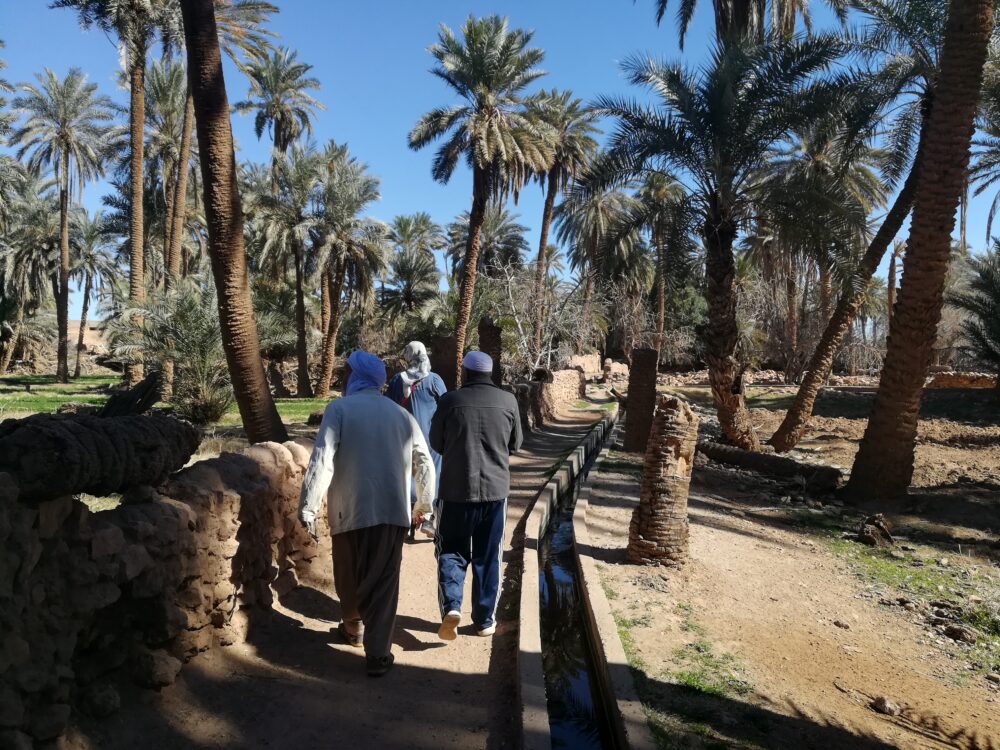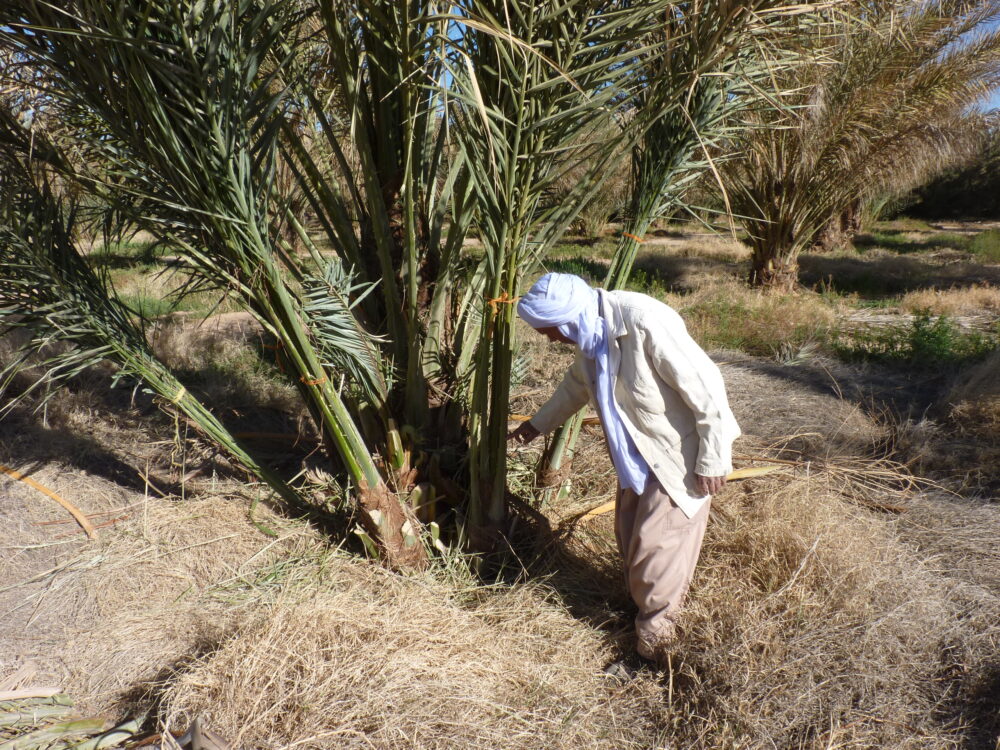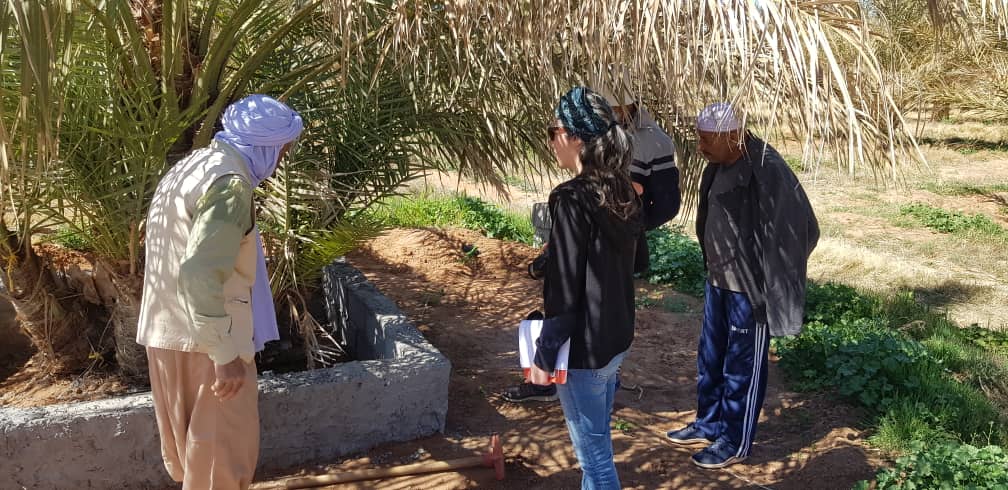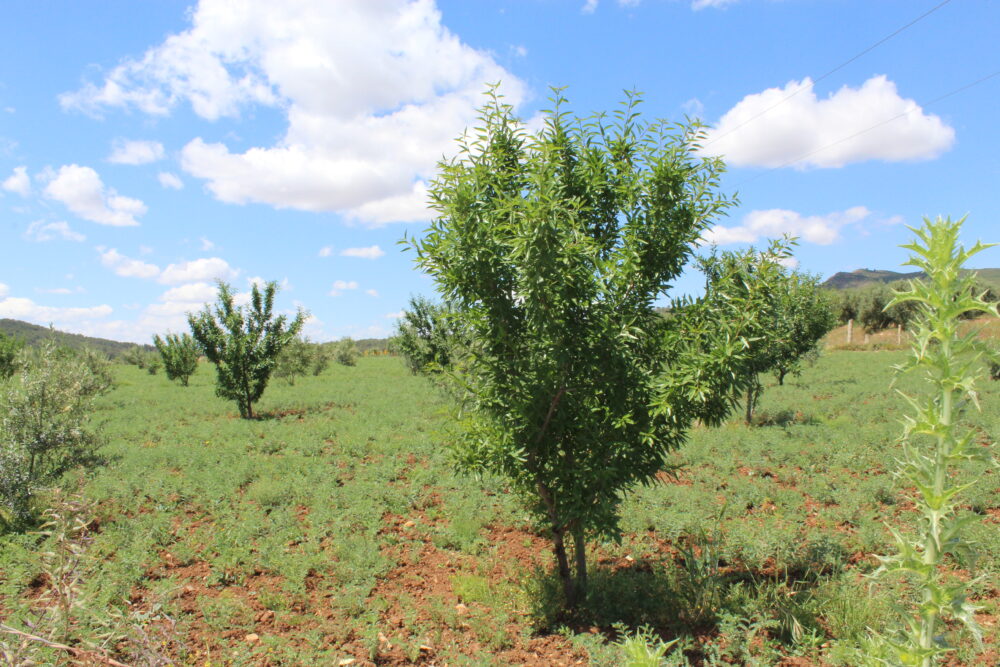CIHEAM Montpellier (Lead partner)
• France: CIHEAM-IAMM (Coordinator), CARI, GRDR - Migration-Citizenship-Development
• Tunisia: Institute of Agricultural Research and Higher Education - INAT, Sahara and Sahel Observatory -OSS, National Institute of Field Crops
• Greece: CIHEAM-MAICh, University of Thessaly
• Italy: CIHEAM-Bari
• Germany: Leibniz Centre for Agricultural Landscape Research - ZALF
• Netherlands: Wageningen University & Research - WUR
• Morocco: Institut Agronomique et Vétérinaire Hassan II - IAV HASSAN II, Ecole Nationale de l'Agriculture Meknès-ENAM, Réseau des Initiatives Agroécologiques au Maroc - RIAM
• Algeria: Centre de Recherche en Économie Appliquée pour le Développement - CREAD, Ecole Nationale Supérieure Agronomique Kasdi Merbah - ENSA
• Lebanon: ICARDA
• Mauritania: TENMIYA - Center of Innovations for Development
• Portugal: Sociedade Portuguesa de Inovação - SPI
• South Africa: University of Pretoria
• Switzerland: IUCN Mediterranean





